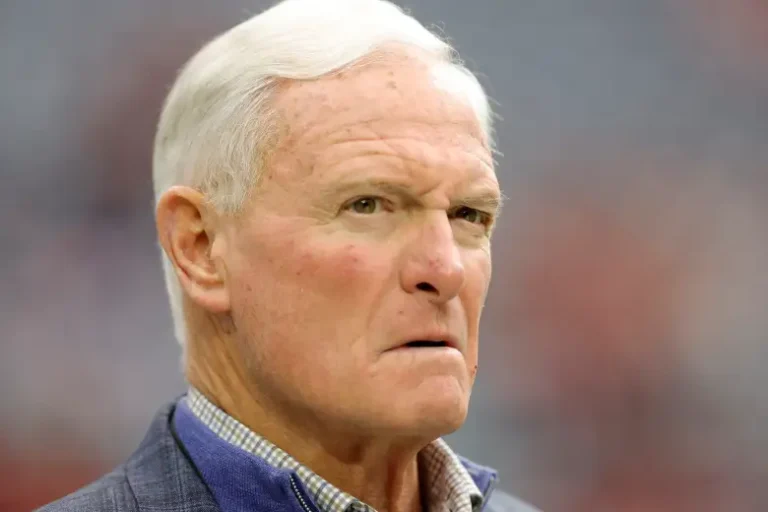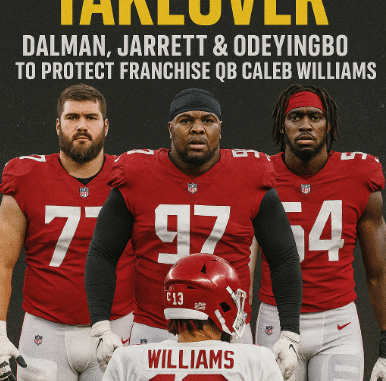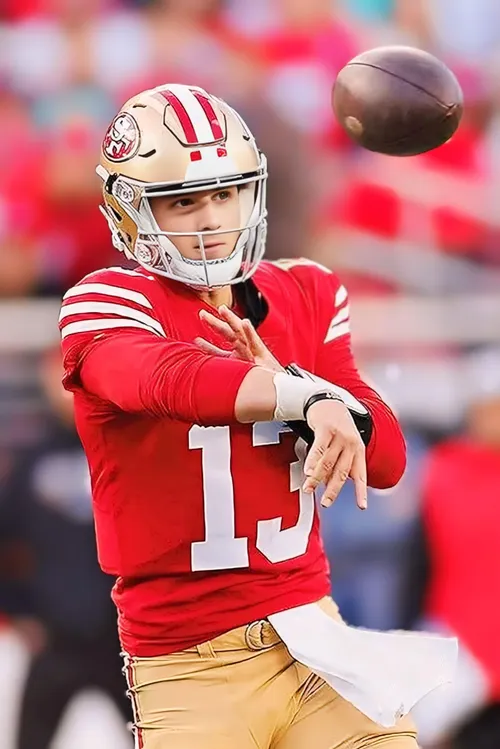The Cleveland Browns’ proposed move from downtown Cleveland to a new $2.4 billion domed stadium in Brook Park has ignited a legal and political firestorm, drawing national attention to the intersection of sports, public funding, and urban development.
The Modell Law: A Legal Roadblock
At the heart of the controversy is Ohio’s “Modell Law,” enacted in 1996 after former Browns owner Art Modell relocated the team to Baltimore. The law stipulates that any professional sports team using a tax-supported stadium and receiving state funding cannot relocate without city approval or providing six months’ notice with an opportunity for the city to purchase the team. The city of Cleveland has invoked this law to block the Browns’ proposed move, arguing that the team cannot leave without adhering to these requirements
Browns’ Response: Seeking Clarity
In response, the Browns have filed a federal lawsuit seeking a declaratory judgment to clarify the applicability of the Modell Law. The team argues that the law does not apply within Ohio and that they should be free to relocate once their lease expires in 2028. They contend that the current stadium’s location and infrastructure limitations hinder the team’s growth and fan experience
Financial Implications and Public Opinion
The proposed Brook Park stadium would be partially funded through a public-private partnership, with $600 million in state and county bonds, contingent on Ohio state budget approval by June 30. The Browns’ ownership group, led by Jimmy and Dee Haslam, plans to invest $1.2 billion privately. However, the city’s administration, led by Mayor Justin Bibb, opposes the move, citing concerns over the impact on downtown businesses and taxpayers. Critics argue that public funds should prioritize infrastructure and education, especially amid proposed budget cuts .
The Bigger Picture
This dispute is part of a broader national trend where sports franchises are demanding public funding for new venues. While proponents argue that new stadiums can revitalize areas and boost local economies, opponents question the long-term benefits and the use of taxpayer dollars for billionaire-owned teams. The outcome of this legal battle could set a precedent for how similar disputes are handled in the future.
As the June 30 budget deadline approaches, all eyes are on Ohio lawmakers to see how they will navigate this contentious issue. The resolution of this dispute will not only affect the future of the Cleveland Browns but also the broader landscape of public funding for professional sports venues.



